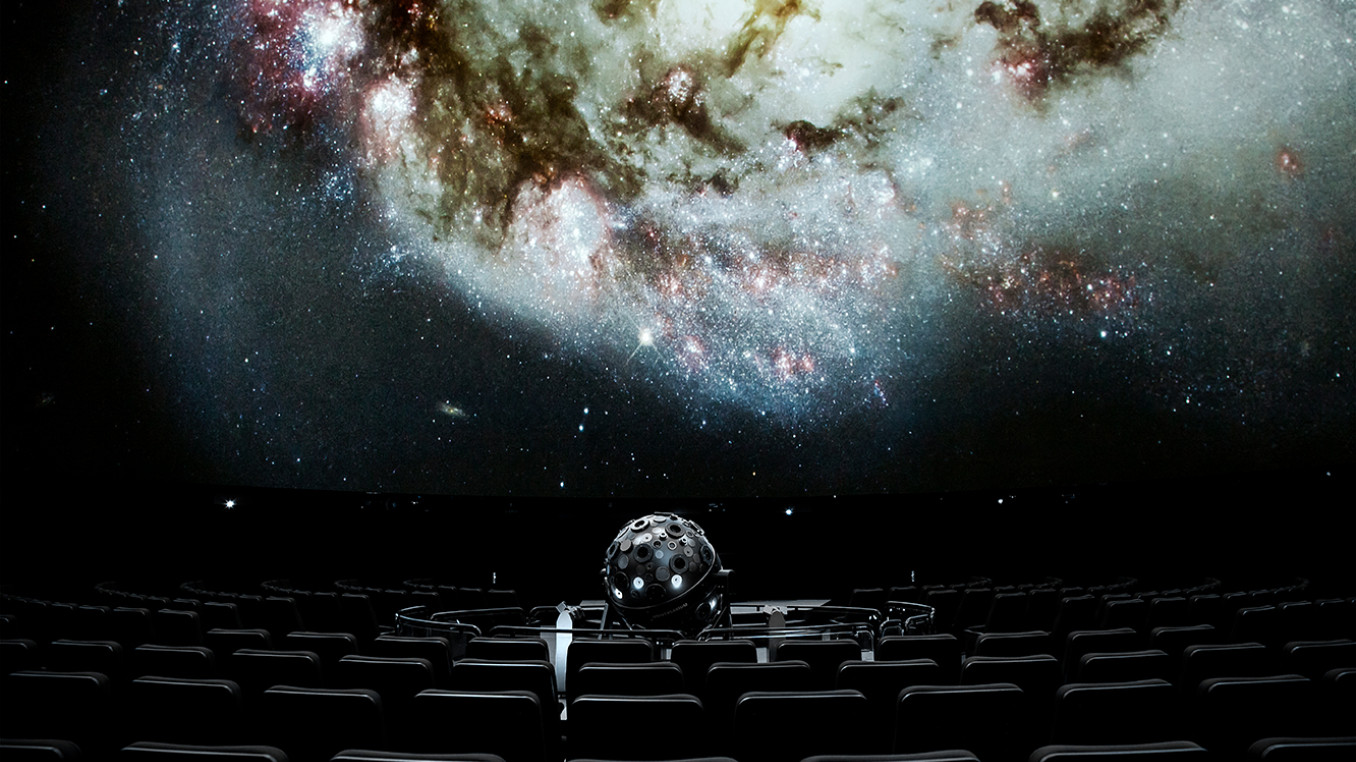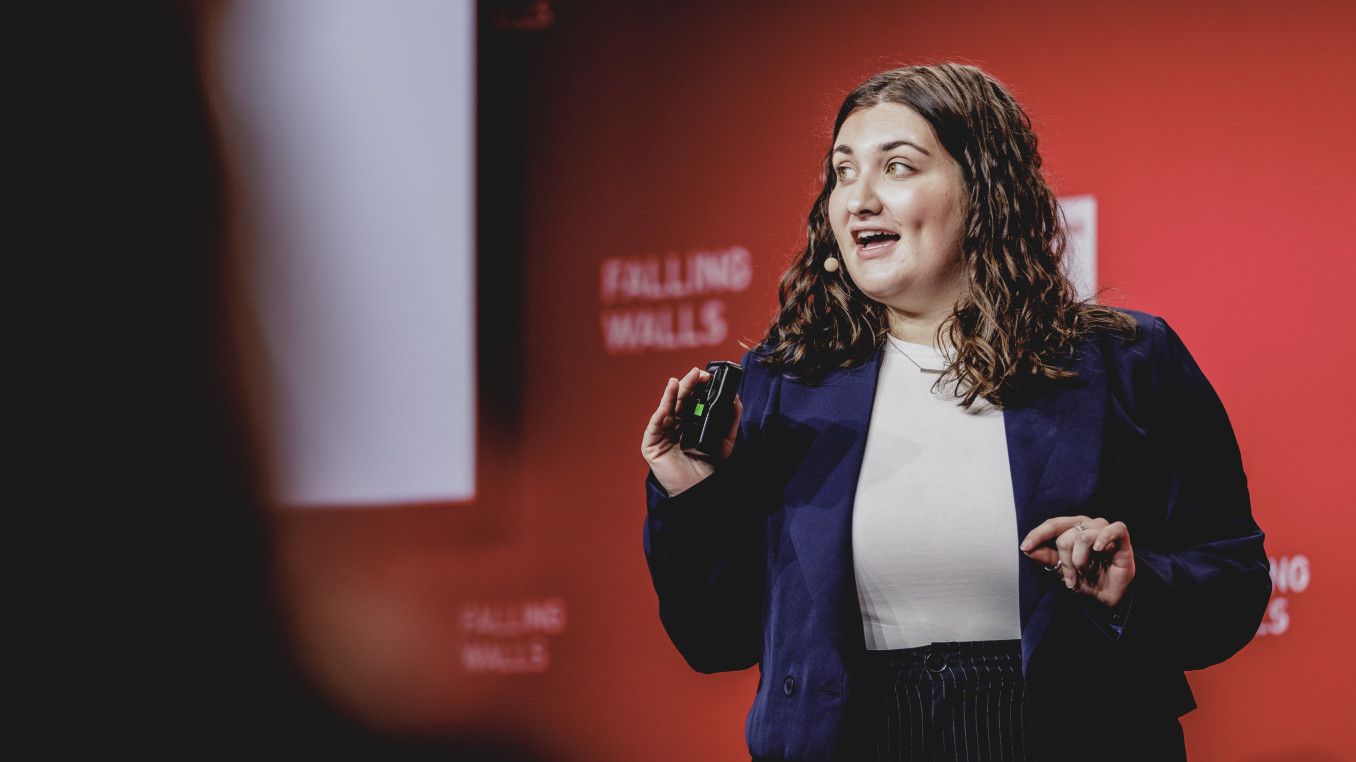Breaking the Wall of Dark Energy
Breaking the Wall of Dark Energy
Global Call 2025 Finalist Interview: Physical Science
Alexie Leauthaud is a Professor at the University of California Santa Cruz. She studies dark matter, dark energy, galaxies and the formation of the large-scale structure in the Universe. She currently serves as co-spokesperson for the Dark Energy Spectroscopic Instrument (DESI). She is also P.I of the Merian survey, a program that is using 60 nights on the Blanco telescope in Chile to study the nature of dark matter in dwarf galaxies. Professor Leauthaud's work has been recognized by a number of awards. She is a 2016 European Research Council (ERC) awardee, a 2017 Packard fellow for Science and Engineering, a 2018 Sloan fellow and a 2018 recipient of an Early Career award from the Department of Energy.
Which wall does your research or project break?
DESI is an international experiment with over 900 researchers from over 70 institutions around the world and is managed by the U.S. Department of Energy’s Lawrence Berkeley National Laboratory (Berkeley Lab). Using data taken from the Mayall Telescope, DESI has built the largest 3D map of our universe. By combining this map with other experiments, DESI has been able to track the dark energy content of the universe over time. DESI has found that dark energy might be evolving in unexpected ways. This surprising discovery may lead to new insights about the nature of dark energy and the nature of our universe.
What is the main goal of your research or project?
The goal of DESI is to obtain optical spectra for tens of millions of galaxies and quasars, and to construct a 3D map of the universe spanning a timeframe of 11 billion light years. Using a technique called “baryon acoustic oscillations”, as well as other techniques, the key goal of DESI is to measure the effects of dark energy on the expansion of the universe. Via these measurements, DESI hopes to shed light on the physics of dark energy.
What advice would you give to young scientists or students interested in pursuing a career in research, or to your younger self starting in science?
Even when in doubt, always follow the data! The Universe will guide the way.

